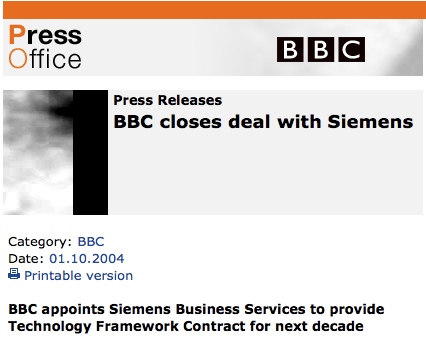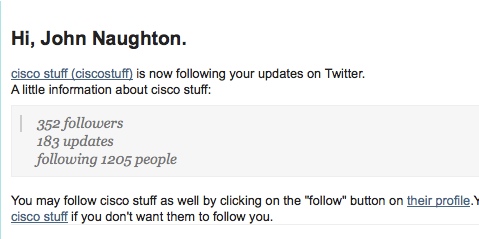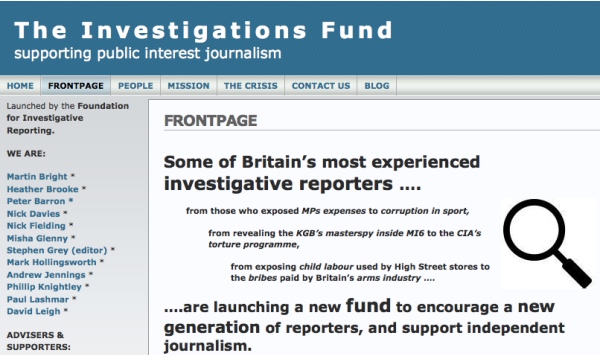At a party a few weeks ago I ran into a climate-change denier and was struck by how impermeable he seemed to any kind of cautionary reasoning. He was especially hostile to any case based on scientific ‘consensus’. Afterwards, I wondered if there was an argumentative strategy that might be more effective. So I wonder if this post by Tim O’Reilly might provide a way forward. “In my talks”, Tim writes,
I’ve argued that climate change provides us with a modern version of Pascal’s wager: if catastrophic global warming turns out not to happen, the steps we’d take to address it are still worthwhile. Given that there’s even a reasonable risk of disruptive climate change, any sensible person should decide to act. It’s insurance. The risk of your house burning down is small, yet you carry homeowner’s insurance; you don’t expect to total your car, but you know that the risk is there, and again, most people carry insurance; you don’t expect catastrophic illness to strike you down, but again, you invest in insurance.
We don’t need to be 100% sure that the worst fears of climate scientists are correct in order to act. All we need to think about are the consequences of being wrong.
Let’s assume for a moment that there is no human-caused climate change, or that the consequences are not dire, and we’ve made big investments to avert it. What’s the worst that happens? In order to deal with climate change:
1. We’ve made major investments in renewable energy. This is an urgent issue even in the absence of global warming, as the IEA has now revised the date of ‘peak oil’ to 2020, only 11 years from now.
2. We’ve invested in a potent new source of jobs. This is a far better source of stimulus than some of the ideas that have been proposed.
3. We’ve improved our national security by reducing our dependence on oil from hostile or unstable regions.
4. We’ve mitigated the enormous “off the books” economic losses from pollution. (China recently estimated these losses as 10% of GDP.) We currently subsidize fossil fuels in dozens of ways, by allowing power companies, auto companies, and others to keep environmental costs “off the books,” by funding the infrastructure for autos at public expense while demanding that railroads build their own infrastructure, and so on.
5. We’ve renewed our industrial base, investing in new industries rather than propping up old ones. Climate critics like Bjorn Lomborg like to cite the cost of dealing with global warming. But the costs are similar to the “costs” incurred by record companies in the switch to digital music distribution, or the costs to newspapers implicit in the rise of the web. That is, they are costs to existing industries, but ignore the opportunities for new industries that exploit the new technology. I have yet to see a convincing case made that the costs of dealing with climate change aren’t principally the costs of protecting old industries.
By contrast, let’s assume that the climate skeptics are wrong. We face the displacement of millions of people, droughts, floods and other extreme weather, species loss, and economic harm that will make us long for the good old days of the current financial industry meltdown.
It really is like Pascal’s wager. On one side, the worst outcome is that we’ve built a more robust economy. On the other side, the worst outcome really is hell. In short, we do better if we believe in climate change and act on that belief, even if we turned out to be wrong.





